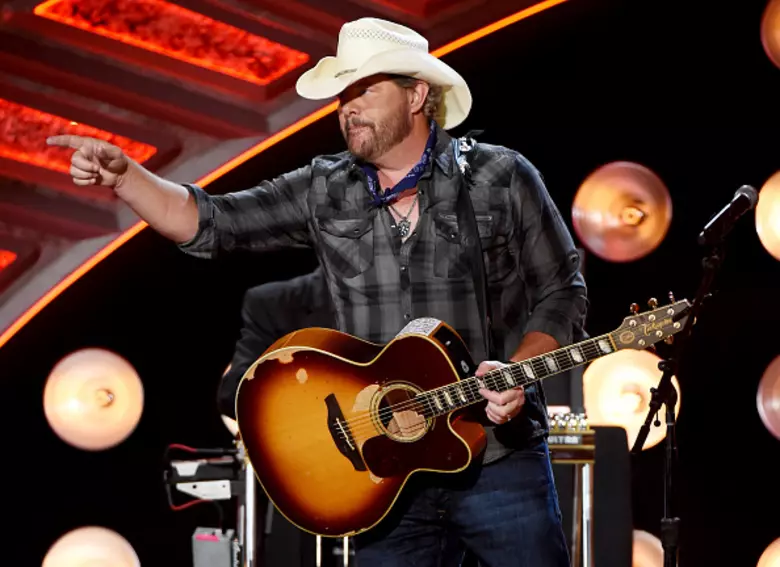
A Romanticized Requiem for the American Cowboy Spirit, Longing for a Life That Never Was
When Toby Keith released “Should’ve Been a Cowboy” in 1993 as the debut single from his self-titled album Toby Keith, he couldn’t have known it would become one of the defining country anthems of the decade. The song not only topped the Billboard Hot Country Songs chart but went on to become the most-played country song of the 1990s, according to BMI—an extraordinary feat for a newcomer stepping into a genre steeped in tradition and mythology. With this single, Keith carved his name into the annals of country music by invoking a deeply American archetype: the rugged, wandering cowboy, reborn through steel guitar twang and wistful storytelling.
“Should’ve Been a Cowboy” is more than a catchy melody wrapped in Stetson-sized nostalgia; it is an exploration of American longing—both personal and cultural—for a past steeped in romanticism. The song’s opening lines transport us immediately into that dream: “I bet you’ve never heard ol’ Marshall Dillon say / Miss Kitty have you ever thought of runnin’ away?” It’s a reference to Gunsmoke, one of television’s longest-running Western dramas. But more than an homage, it establishes a mood: wistful, yearning, laced with regret. This isn’t just about cowboy hats and spurred boots; it’s about missed chances and imagined destinies.
At its core, the song is a meditation on escapism—the universal desire to be someone else, somewhere else, embodying a life less ordinary. Keith’s narrator isn’t just fantasizing about being a cowboy; he’s lamenting his failure to become one. “I should’ve been a cowboy / I should’ve learned to rope and ride,” he sings with a mix of bravado and melancholy, echoing countless lives lived in compromise. The cowboy here is not just a symbol of rugged independence—it becomes an emblem of lost possibility, of roads not taken.
Musically, the arrangement is as classic as its subject matter. A bright acoustic guitar riff rides alongside fiddle flourishes and pedal steel guitar sighs, evoking open plains and endless horizons. The production is clean but rich—a sonic canvas painted in sepia tones that harken back to AM radio ballads and dusty jukeboxes.
Keith penned the song after overhearing a conversation about old Westerns, struck by how quickly nostalgia can spark imagination. In crafting this ballad, he touched something deeper: America’s enduring love affair with its own myths. The cowboy may be an idealized relic—a figure more fiction than fact—but within that myth lies emotional truth. As cities grew and modernity crept across the landscape, songs like this clung to the ideals we feared losing: freedom, simplicity, honor by grit.
Culturally, “Should’ve Been a Cowboy” has outlived many of its contemporaries because it speaks not only to country fans but to anyone who has ever felt boxed in by their present life while dreaming of another. It taps into that evergreen ache—the wish to trade fluorescent lights for campfires beneath starlit skies.
In truth, most of us were never meant to be cowboys. But for four minutes at a time, Toby Keith lets us believe we could have been—and reminds us what it feels like to yearn for something bigger than ourselves.